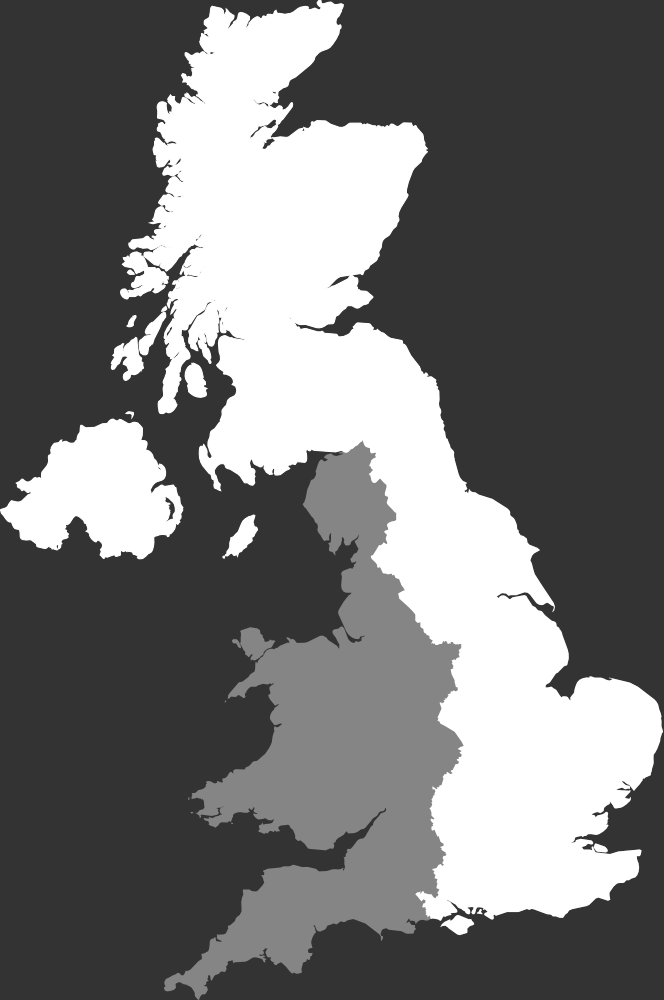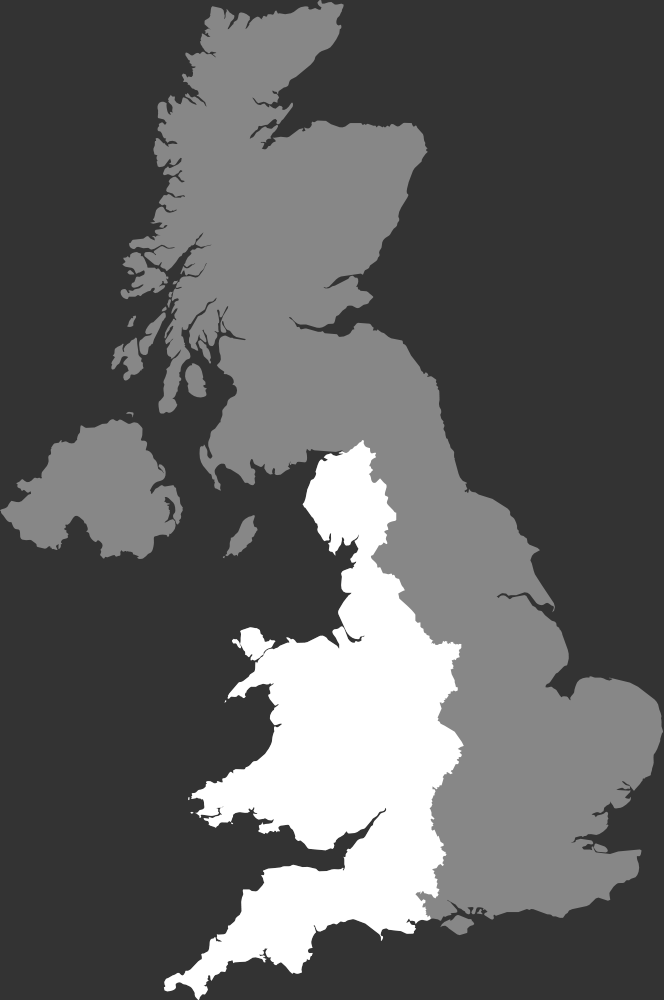Standardisation of Funding
As part of our ‘What If’ series on change in the NHS, we spoke to Turnaround Leader Peter O’Neil and asked him: “Putting all politics aside, if you could change one thing about the NHS, what would it be?”
If I could change one thing…
I’d use the average income per specialty information to achieve standardisation of funding to providers across the NHS. National data exists or can be generated that would provide a basis for comparison to a peer group of similar providers at a specialty level. The proposal is that this would be driven at a national or at least regional level, to promote a consistency of approach. Providers where possible would be funded at this average, leaving the only commissioning decisions to be about volumes or known changes of mix due to service/pathway changes.
This would provide support for the development of stable and sustainable services – variances being based on cost of service delivery only. It would also provide a clearer and more consistent view of efficiency opportunities – as services could be benchmarked against ‘normal’ spend and income patterns of the peer group. Regulators would have the power to mandate health systems (through STPs) to manage any differences to within agreed tolerances. With the ability to freeze all or some of the CCG growth until any differences are addressed, STPs/Commissioners wouldn’t be able to spend money on investments they couldn’t afford.
The approach would contribute to the development of joined up health economies/STPs, avoiding the destabilising impact of financially challenged providers within those health economies. Clinical coding and activity monitoring and counting would be done through a single hub arrangement, managed by the STP and independent of providers. This would eliminate the differences in coding (up coding issues) and ensure consistency of approach. Indeed, centralised coding would make clinical and non-clinical comparison and benchmarking exercises more meaningful. Moving to one health economy wide coding/information department would generate significant economies of scale.
Mobilisation would require the STPs to have the ability to access contingency funding, either through existing growth or additional funding to phase any differences in over an acceptable timescale, avoiding destabilising providers.
About Peter
Peter is a Turnaround professional with a background in NHS finance, and operational management. He’s worked across a number of acute providers and CCGs on everything from CIP management and QIPP leadership to directing full-scale turnarounds.
About Practicus
Practicus provides problem solving and recruitment. To find out more about the company, see here





0 Comments